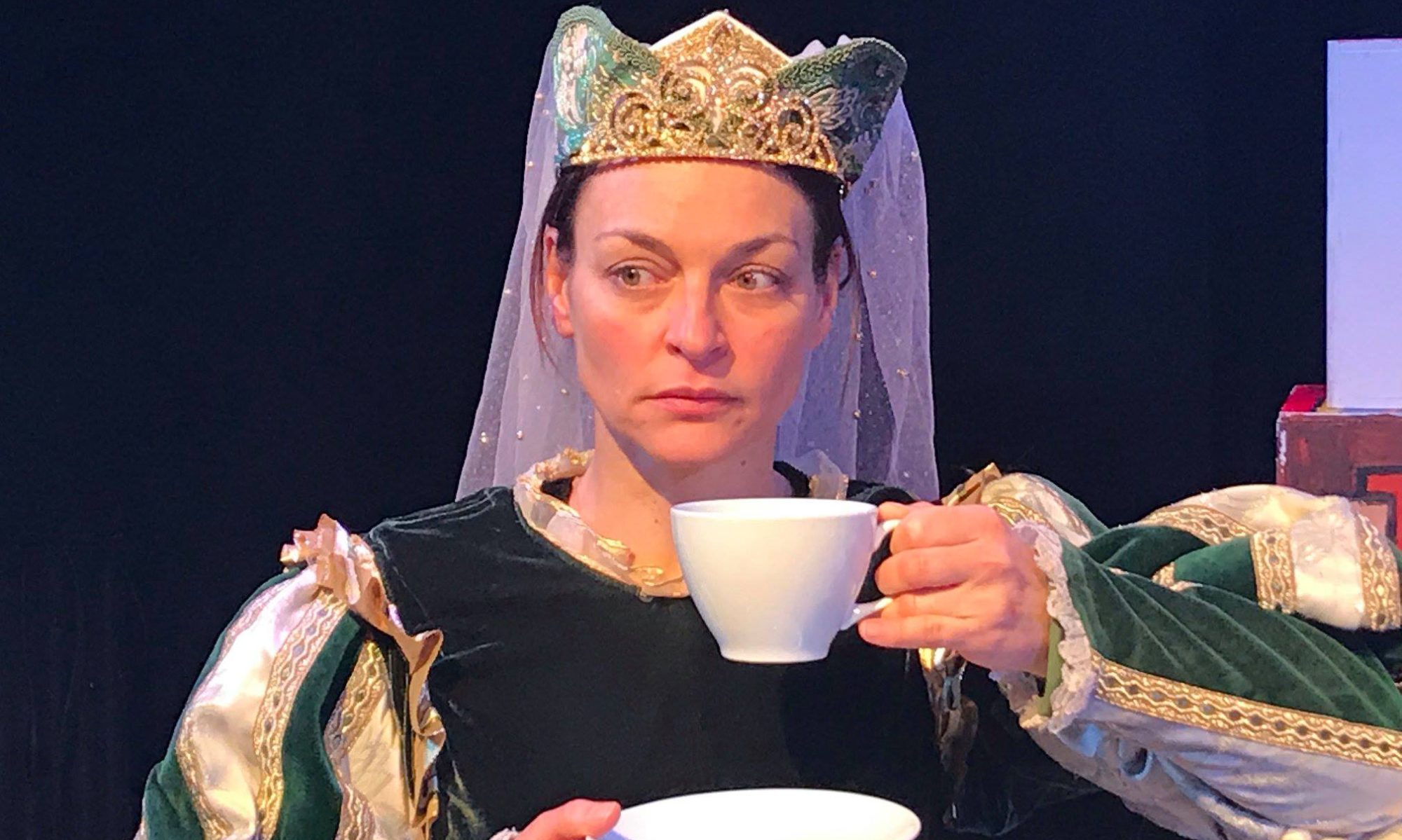Homerostheater is a small theatre group that has its home in the Hague. We are open to, and work with players across the Netherlands, and play at theatres and schools across the country. One of our main goals has always been to find extraordinary plays, and where possible to perform them in their original language. We are also interested in bringing unique experiences to audiences who wouldn’t normally see a particular performance. For example bringing dutch playwright Ko van den Bosch’s Achterlanden, to English speaking audiences with our translation of Hinterlands: Heart of Lightness (2013). We have also often worked on unique projects with universities and other research organisations such as Mariken van Nieumeghen together with Firapeel, Vereniging voor Mediëvistiek, and an 18th century masquerade with the Werkgroep 18e Eeuw.
Originating in the Hague in 1963 at the Haags Montessori Lyceum with productions in old Greek language, homerostheater has a long and rich history.
From our origins at the Haags Montessori Lyceum until 1996, under the direction of Lodewijk Saldiën, professor of classic languages, there was an almost yearly production of one of the books from Homer’s Iliad or Odyssey in the original Greek language. In 1991 a group of regular players formed, first consisting purely from alumni, with others joining later. That same year the name Het Homerostheater was chosen, and an official association was founded for the group. Since then a variety of different Greek language plays have been made: Iliad book 1 and 24, Antigone, and the Bacchantes by Euridipes. The core direction for each piece was always to perform in the original language, and when selecting a play Het Homerostheater always tried to work closely within the program of the Dutch secondary school final exams.
In the following years the organization has developed the repertoire and vision, for example by working with professionals in the artistic and production leadership. Directors, costume designers, set designers, composers, and production managers for example. Alongside all this, we expanded our goals to not only performing ancient classics, but also more modern works in their original language. In 2021, we chose to move forward with the name homerostheater, and since 2009 have played predominately English language theater.

